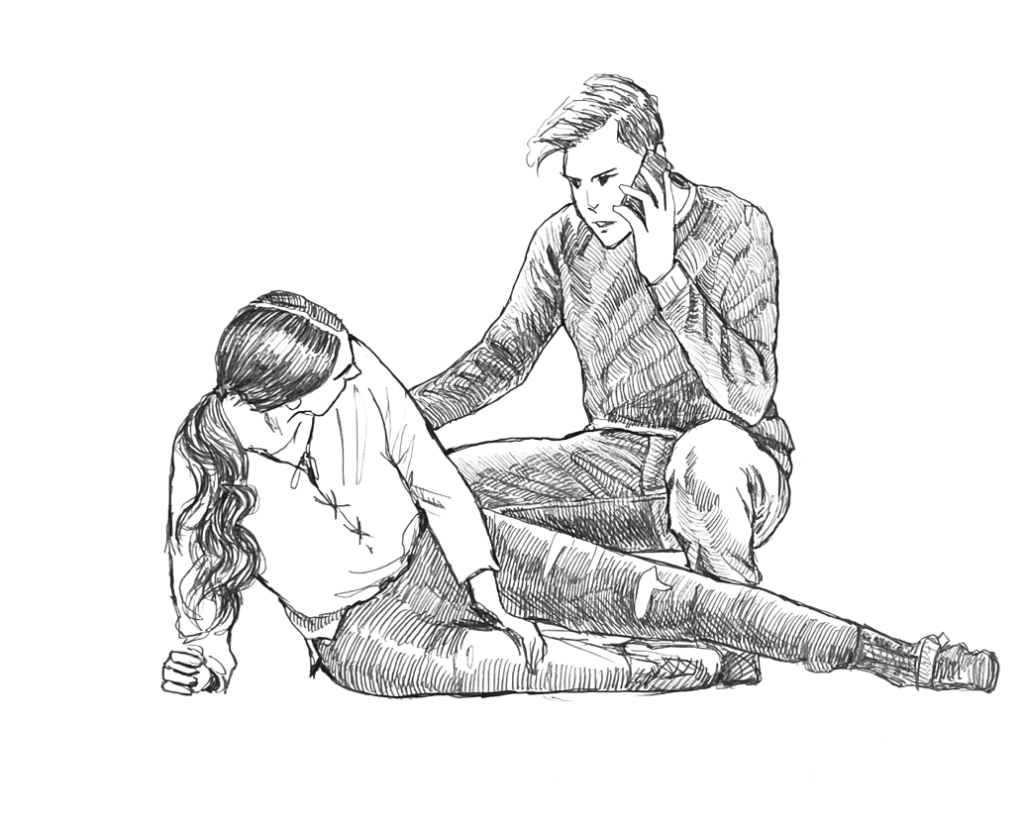Falls are a big problem in Louisiana and around the country. For example, they account for over 8 million hospital emergency room visits, representing the leading cause of visits (21.3%). Likewise, floors and flooring materials contribute directly to more than 2 million fall injuries each year. As a result, they are a leading cause of death and injury in the elderly.

Responsibility of merchants for personal injuries.
In Louisiana, merchant liability for personal injuries is governed by La. R.S. 9:2800.6. It provides the burden of proof when someone is injured at a business. That is to say, it is usually used in slip trip and fall cases.
Who is a “merchant”?
A merchant is one whose business is to sell goods, foods, wares, or merchandise at a fixed place of business. But it also includes innkeepers in relation to certain areas of their premises.
What does a merchant have to do?
The law says merchants owe a duty of care to those using their premises. So, they must keep aisles, passageways, and floors reasonably safe and free from hazardous conditions that could foreseeably cause harm. Further, this is also a practical requirement, ensuring the safety and confidence of customers and visitors.
What does someone who is hurt have to prove?
When a person is injured and seeks to file a negligence claim, they bear the “burden of proof.” In other words, they must prove their case. To clarify, in addition to causation and damages, they must show the following under the merchant statute:
- The condition that led to the injury presented an unreasonable risk of harm that was reasonably foreseeable.
- The merchant either created, knew of, or should have known about the hazardous condition before the injury occurred.
- The merchant failed to exercise reasonable care in addressing the condition.
What is “constructive notice?”
Constructive notice is an important concept in these claims. It refers to whether the condition existed long enough that the merchant should have discovered it by exercising reasonable care.
How does merchant liability law help keep Louisianans safe?
This statute is significant for both merchants and claimants. Merchants must be vigilant in maintaining their premises and proactive in addressing potential hazards to avoid liability. Conversely, claimants must be prepared to provide evidence of the merchant’s knowledge of the hazard and failure to act.
Notably, this statute does not supersede other responsibilities under the Louisiana Civil Code, governing property owner’s liabilities and obligations.
Conclusion
In conclusion, La. R.S. 9:2800.6 outlines a detailed burden of proof for personal injury claims against merchants in Louisiana. It emphasizes the importance of reasonable care in maintaining safe property for all. The statute plays a pivotal role in protecting customers from harm. And it provides a clear framework for legal proceedings in the event of an injury.




